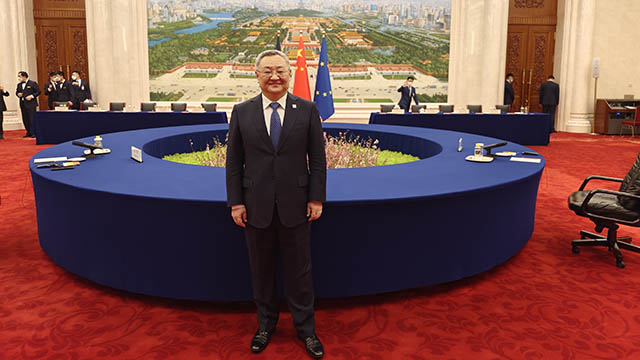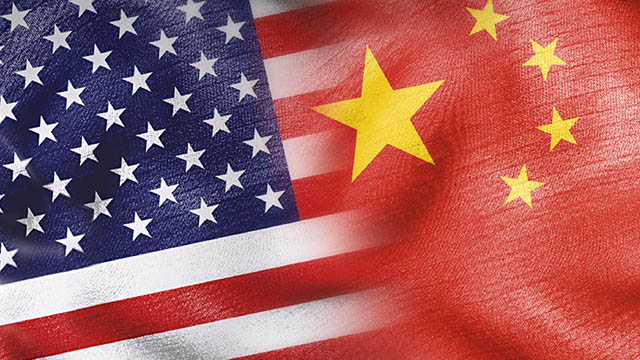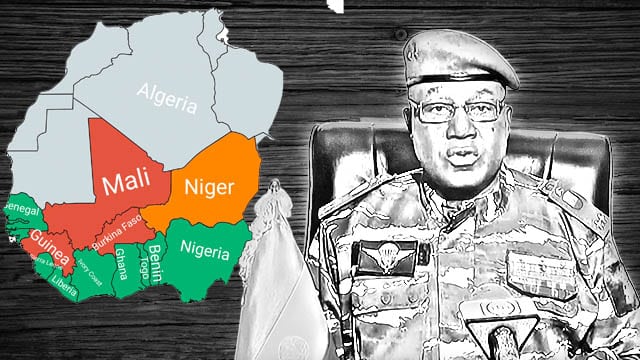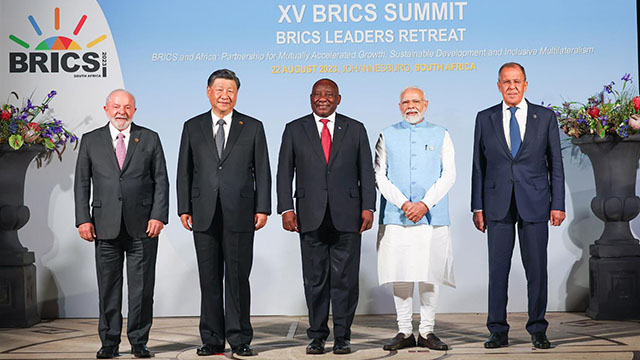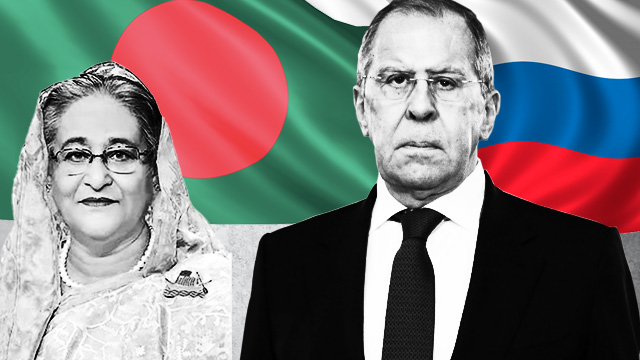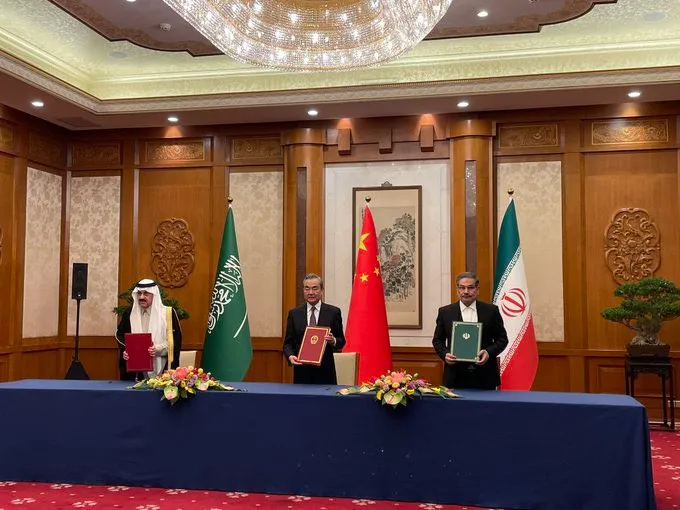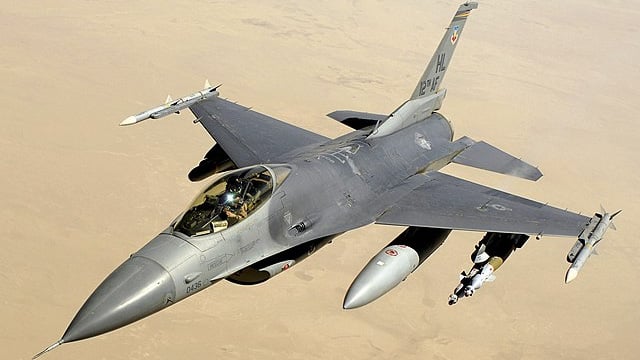A Chinese diplomat has claimed that China doesn’t officially recognise the territories annexed by Russia from the former Soviet republic Ukraine as Russian, and Beijing has not been sending weapons to Moscow, as the West claims.
Chinese Ambassador to the European Union Fu Cong made these comments before French President Emmanuel Macron and European Commission’s President Ursula von der Leyen visited China for trilateral talks with President Xi Jinping.
The Chinese envoy’s interview was published by the American mainstream newspaper The New York Times. Fu also claimed that the “no-limit friendship” between China and Russia, hailed at the recent meeting between Xi and Russian President Vladimir Putin, “is nothing but rhetoric”.
This controversial claim came at a time when Xi, in the presence of Macron, told the press that China would press for a peaceful solution to the Ukraine crisis and Moscow denied any such possibility.
China has so far followed a non-interventionist policy in the Ukraine crisis and has consistently demanded a peaceful settlement of disputes between the two former Soviet republics.
Fu commented that Beijing didn’t condemn Russia’s annexation of the Ukrainian territories because its “root causes are more complicated”. He alleged that the West overlooks the historical complexities of the roots.
Russia claims the disputed territories, including Crimea and Donbas, belonged to the Russian Soviet Federated Socialist Republic (RSFSR). Under Soviet leader Nikita Khrushchev, who was a Ukrainian himself, these territories were passed from RSFSR to the Ukrainian Soviet Socialist Republic to help the latter with more industrial outputs.
Russia has also rejected Fu’s comments and asserted that Moscow remains committed to the agreements signed between Xi and Putin.
“We focus on the letter and spirit of the contacts that were held between President Putin and Chairman Xi recently in Moscow. The whole context of their mutual understanding is laid out in the two signed documents that were adopted following the Russia-China negotiations. They contain a lot of information and fully highlight the whole range of issues on our joint agenda,” Kremlin’s spokesperson Dmitri Peskov said.
However, in a recent interview with the Chinese television channel CGTN, Fu said, “I think what is most important is that during the visit, President Xi advocated peace and that advocacy has been actively and positively responded to by the Russian side. In the joint statement issued by the two sides, the two sides reiterated the importance of abiding by international law. Russia has expressly said that it is open to peaceful negotiations, and Russia welcomes China’s positive role in facilitating peace negotiations.”
Fu also criticised the West for seeing the China-Russia relationship from the Ukrainian prism. “But I have to admit that some European politicians see this relationship (between China and Russia) purely from the prism of the Ukrainian crisis. That’s why, on the one hand, they asked China to play a bigger role in facilitating peace, and on the other hand, they do have concerns that China may somehow support Russia in its war efforts in a more substantive way. But we are very clear that our position on the Ukrainian crisis is that all territorial integrity needs to be respected, all international law needs to be respected, as well as the legitimate security concerns of all countries.”
Putin claimed in February 2022 on the eve of launching Russia’s special military operations in Ukraine that Moscow wants to secure its borders from the US-led military bloc North Atlantic Treaty Organization’s (NATO) eastward aggression.
Ukraine is accused by Moscow of joining NATO undermining the Minsk Agreement of 2015 and carrying out an ethnic genocide of Russian-speaking people and leftwing anti-Nazi activists in Crimea and Donbas.

